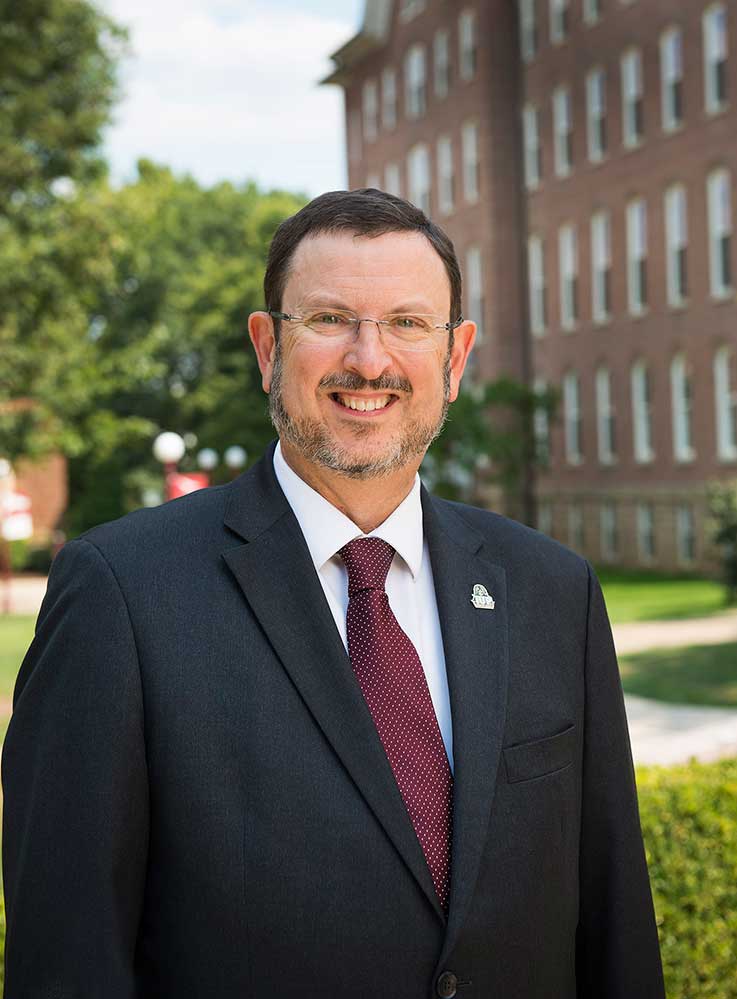 On the morning of Saturday, October 27, a gunman walked into the Tree of Life Synagogue and killed 11 Sabbath-morning worshippers. He also wounded two other worshippers and four of the police officers who responded. Now a week has passed, and it is again the Sabbath. The victims are buried. Those who used the massacre to push their own political agenda have come and gone. And the families, friends, congregations, and communities of the slain are struggling to put their lives together and to move forward in the face of their grief, anger, and loss. Personally, I have spent the week in grief, prayer, study, and reflection.
On the morning of Saturday, October 27, a gunman walked into the Tree of Life Synagogue and killed 11 Sabbath-morning worshippers. He also wounded two other worshippers and four of the police officers who responded. Now a week has passed, and it is again the Sabbath. The victims are buried. Those who used the massacre to push their own political agenda have come and gone. And the families, friends, congregations, and communities of the slain are struggling to put their lives together and to move forward in the face of their grief, anger, and loss. Personally, I have spent the week in grief, prayer, study, and reflection.
Along with many others, I have asked myself what we can do—what I can do—to put an end to antisemitism and the evil it spawns. I know some think the solution lies in election results, new laws, speech codes, or, perhaps, a strong condemnation from a university president. But antisemitism and all racism and discrimination are deeply rooted, complex problems that will not yield to simple solutions.
Antisemitism did not begin last Saturday or in the Holocaust or with the Spanish Inquisition or with the Crusades or with Christianity. Before that, Jews faced discrimination and persecution from the Romans and before that from the Greeks. For millennia, people have portrayed those different from themselves as less-than-human—as animals—or as possessing superhuman powers or as the leaders of vast conspiracies against society. We find this not only in antisemitism but also in the treatment of indigenous peoples around the world, in slavery, and in all forms of racism and discrimination. There is no quick fix for something so deeply ingrained in human cultures.
Being a university president doesn't grant me special insight or powers in this most difficult of issues, but I do continue to have faith in the transformative powers of education and community. We must find ways to stand together and to learn from each other. Here are things you can do (and I can do).
Proclaim your beliefs that hate and discrimination have no place in our community, just as our friends and colleagues who are part of the Racial Justice Coalition for Change did last Thursday.
Have the courage to call out as unacceptable the racist joke or language that you hear from your friends or your family.
Accept the heartfelt apology from one who has made a mistake and help them learn and grow from it.
Set a new and different standard with your own behavior.
And each week (or each day) get to know a person who is different from you. Fight against the fears that spring from deeply ingrained, learned prejudices—the fears that would have you cross the street or avert your eyes or make fun of or demonize someone who is different. Start by recognizing the new person as someone who is, in fact, very much like you. It doesn't matter whether they are Jew or Gentile, Muslim or Christian or Buddhist—or whether they are of a different race, ethnic background, sex, or gender or from a different country or have a disability. Just as you do, they want to have enough food to eat and clean water to drink, to live a good life, to love and to be loved, to make their own choices, to find joy, and to be successful. If they are cut, they will bleed blood as red as yours. They will be as hurt by a cruel word and as thankful for a kind word as you would be.
Then, go beyond the basic humanity that binds us all. Each person has been shaped and challenged by their life experience—by things like their religion and their race—by their differences from you. The diversity of experience, even challenging and painful experience, is what makes our community strong. It is what makes us learn and grow the most. Share life stories with others and learn from them. Create a community built both on trust and on celebration of differences.
In the last week, I wished for a simple way to make things right for our region and for our university. I grieve for all who have suffered from the evil of last weekend. Amid the pain we have felt, and will likely feel again, I maintain a belief that we are stronger than our weaknesses might suggest.
I believe that the remedy for bad speech is more, louder good speech. I believe that the remedy for intolerance is an even stronger culture of inclusion. And I believe that the only cure for hate is love.
Mike Driscoll